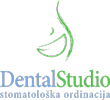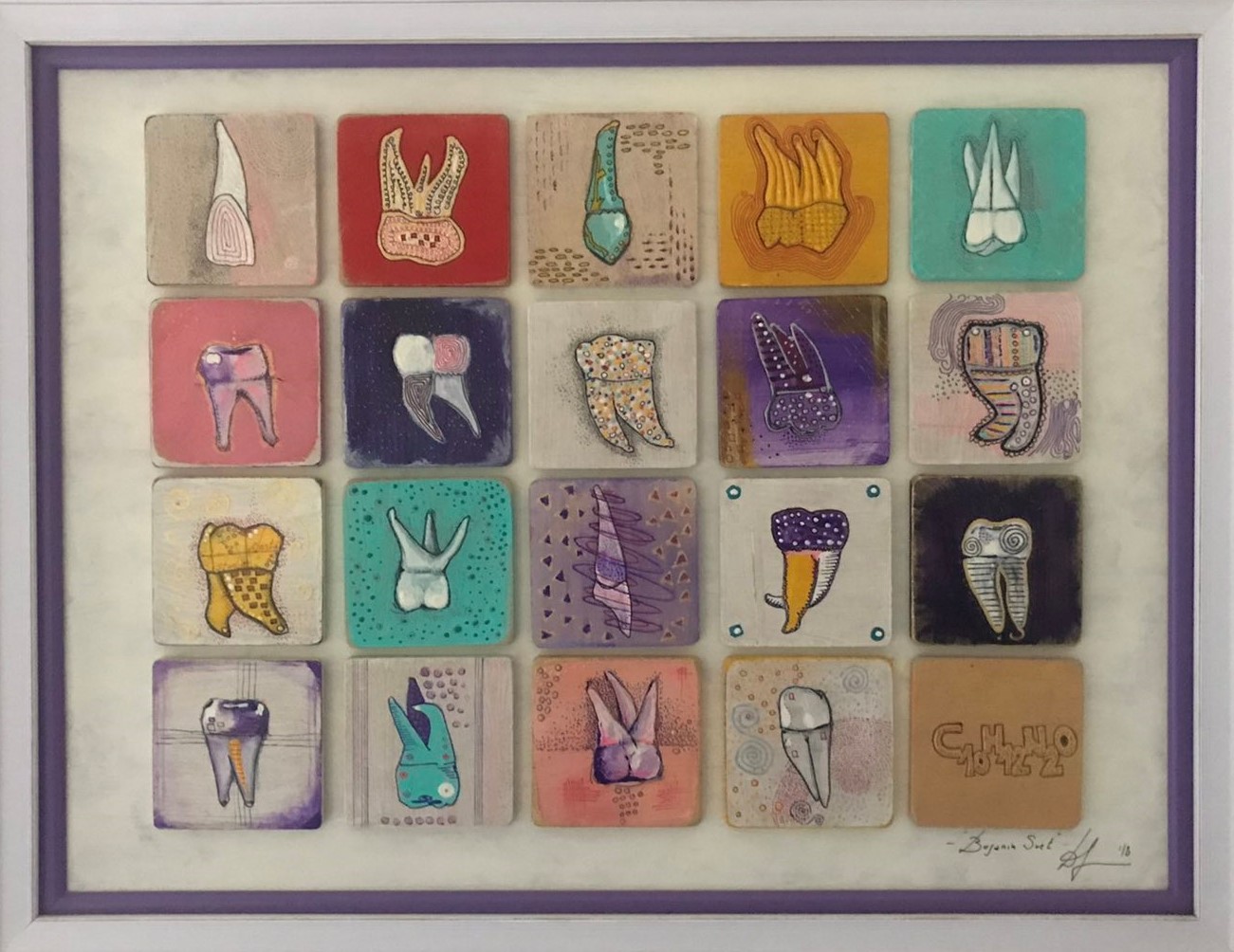Children’s and preventive dental care
Children’s and preventive dental care are the most important dental care areas for oral health of the general population, and they have the strongest impact on public health.
When good hygiene habits and visits to a dentist are introduced for children at an early age, it is highly likely that they will maintain those habits throughout their life as well.
That part of influence on a child starting teething requires a certain level of education and awareness that it is of utmost relevance for the child.
Teeth have multiple functions, with overall health depending on their and oral cavity status.
The primary function of teeth is to chew food and prepare it for digestion. Teeth also have a speech function. Their eruption and development affect the formation of jaws and, consequently, facial aesthetics, thus influencing a child’s psychological development and self-confidence.
Therefore, it is vital for teeth to be preserved and healthy, whereas any form of pathological change of trauma condition complicates a child’s consistent growth and health.
Children’s and preventive dental care
Represents a special branch of dental care since children differ as patients from adults and require an adequate approach.
Basic functions of children’s and preventive dental care include:
1. Therapeutic function – to prevent and treat pathological changes in children and manage traumas
2. Control function – to establish habits in children and commit a child and parents to dental control
3. Advisory function – to explain to a child and parents everything that is in the interest of maintaining oral health
Based on these children’s dental care functions, it is important for children’s dentists to:
– Be receptive to children,
– Be ready to establish trust,
– Be patient in work,
– Explain everything a child should understand and accept in an appropriate manner.
Why is it important to preserve deciduous teeth?
In addition to being important for chewing and enabling proper bone development, deciduous teeth in children also “keep space” for permanent teeth and direct their eruption.
Also, it is important to prevent deciduous tooth inflammation in order to ensure a healthy environment for permanent teeth eruption. Furthermore, deciduous teeth should remain healthy with a dentist’s assistance, so that a child does not meet a dentist for the first time because of pain, namely an inflammatory process, because that may result in an unpleasant experience that generates aversion to a dentist in future life.
Procedures applied in children include the following:
TIPS FOR PARENTS
In regard to care for children’s teeth, here are some helpful tips:
– Nursing is a healthier mechanism for developing the chewing apparatus in children than bottle feeding
– Children should start chewing food as soon as they start getting first teeth
– Oral hygiene in children should start with eruption of first teeth
– Children should learn how to properly brush teeth
– Teeth brushing should be a regular habit in the evening, and later on in the morning and in the evening
– Toothbrush should be gentle and soft; it should be replaced once it wears out
– Toothbrush should be rinsed at kept at clean place
– First visit to a dentist should be organised when the first teeth start erupting
– Child should have confidence in their dentist
– Child should feel comfortable when visiting a dentist
– Child should understand all dental procedures applied on them
– Child should bite and chew food much more than consume soft and mashed food
– Child should attend regular dental controls once in six months
– Child should extract loose teeth at dental practice or wait for them to fall out naturally
– Child should ask all questions that interest them
– Child should apply all tips received from a dentist


